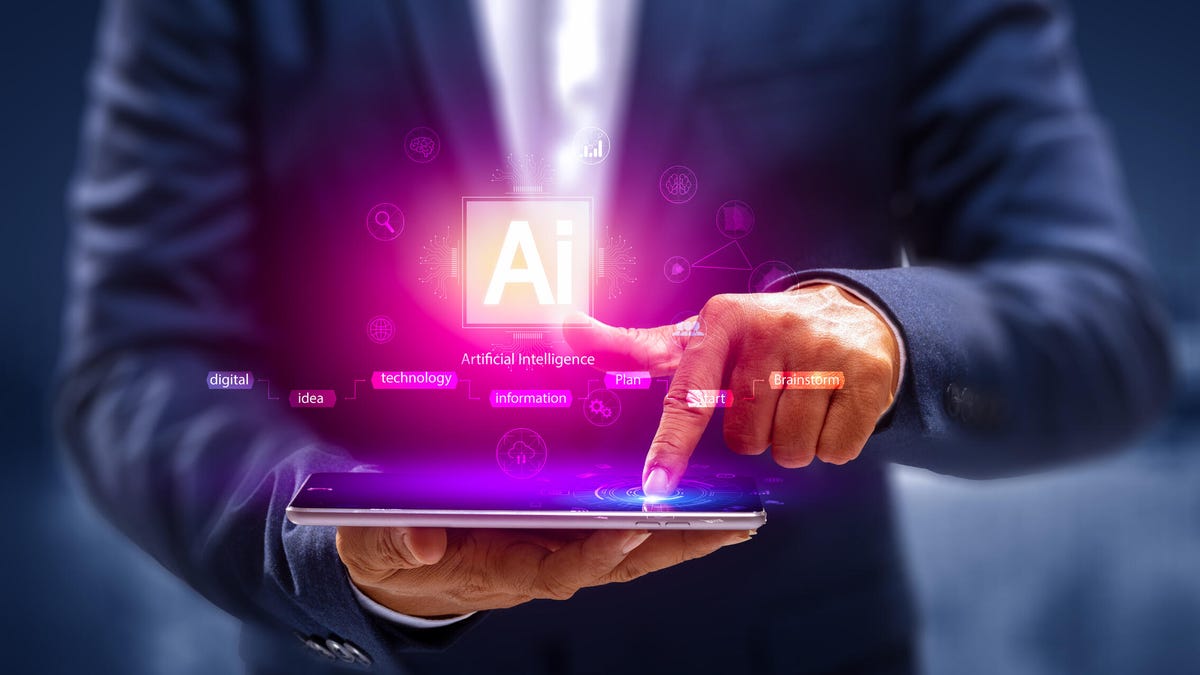Artificial intelligence chatbots are all the rage in the tech industry after ChatGPT hit 100 million users in two months, one of the fastest launches ever. Now parent company OpenAI says demand for a business-focused version of ChatGPT has seen “tremendous growth.”
In an interview with Bloomberg published Thursday, OpenAI COO Brad Lightcap said 600,000 people had signed up for ChatGPT Enterprise, a specialized subscription version of the chatbot service that includes features such as enhanced security, and the ability to read and understand additional data. Lightcap added that the figure was up from 150,000 in January, and predicted that 2024 will be “the year of adoption for AI in the enterprise.”
Read more: Introducing AI Atlas, Your Guide to Today’s Artificial Intelligence
OpenAI’s success expanding adoption of ChatGPT for business means it’s increasingly likely the technology will find its way into many of our workplaces sometime soon. OpenAI said last year that it had seen teams in over 80% of Fortune 500 companies adopt ChatGPT.
In his review of ChatGPT, CNET’s Imad Khan says, “It’s a tool that, when used in conjunction with Google and other resources, can help cut time down on research and discovery.” However, questions have to be carefully worded to get the most use out of ChatGPT. (Khan has also reviewed Google Gemini, Microsoft Copilot and the Perplexity AI search engine, and he has thoughts on how they all compare.)
Not all businesses have welcomed AI with open arms, however. OpenAI is also being sued by The New York Times, which says the company used its copyrighted works without permission to help create ChatGPT.
Despite growing concerns about AI’s societal impact, many other chatbots and other AI technologies have started spreading around the world. Microsoft last year began adding AI tools to its Bing search engine and Office suite of business software, integrating features powered by its partnership with OpenAI. The company has even begun experimenting with using AI to help with customer support issues for its Xbox video game division, such as answering questions and handling refund requests.
Google similarly has begun expanding its competing AI chatbot technology across its product line, including recently adding its Gemini AI to Google Workspace. Meta, too, has introduced chatbots with “unique interests and personalities,” in addition to other AI-powered tools.
Even Apple is getting into the AI race, reportedly planning its own AI enhancements for the iPhone, which may be announced as early as this summer during the company’s Worldwide Developers Conference.
Read more: AI can’t do all our jobs for us. but we can make it a “superhero sidekick”
Aside from the business version of its technology, OpenAI has also begun showing off next-generation AI tools like Sora, which can turn words into ultra-realistic videos, and Voice Engine, which can convincingly re-create a person’s voice from just a 15-second recording.
Editors’ note: CNET used an AI engine to help create several dozen stories, which are labeled accordingly. The note you’re reading is attached to articles that deal substantively with the topic of AI but are created entirely by our expert editors and writers. For more, see our AI policy.
